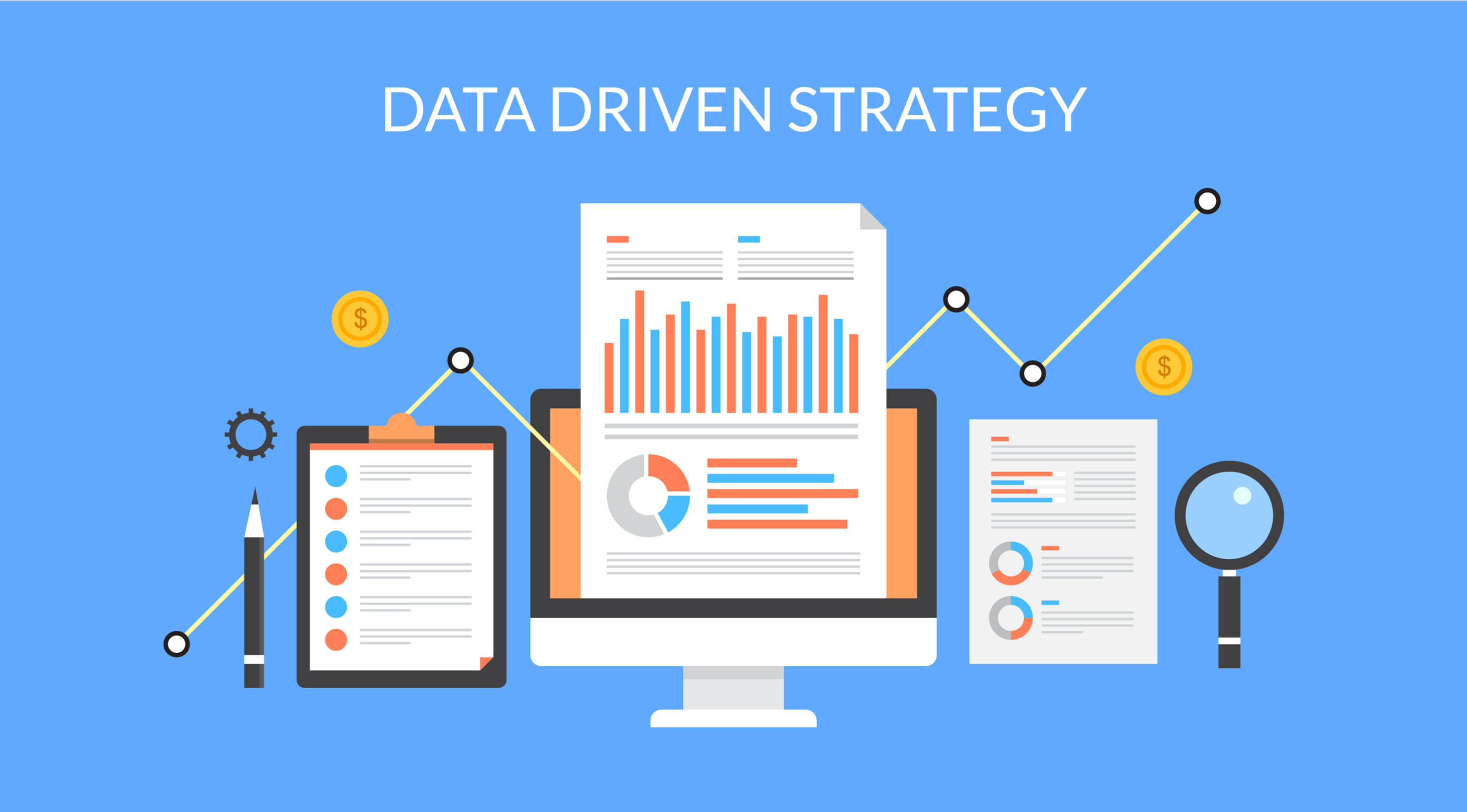Enabling Data-Driven Decision Making with Field Service Reports
By now, the popular phrase Data-Driven Decision Making is part of most business conversations, but there is often a misconception of what it actually...

Accurate field service reporting drives successful field service operations and customer satisfaction. Business leaders usually pursue this goal using one of two methods: field service reporting software or hiring a field service analyst. Choosing the right option will depend on the unique elements of your field service operation.
If you’re exploring field service reporting opportunities for your company, or you plan to do so in the near future, keep reading. This brief guide will provide you with information covering both options so that you’re equipped to make an informed decision when the time comes.
Field service reporting software refers to a class of solutions that organize and manage an array of field service-related tasks. To keep field service businesses operating as optimally as possible, field service reporting software automates and simplifies many of the tasks and procedures included in the provision of services. Services often involve installations, repairs, troubleshooting, maintenance, or replacement of equipment.
Depending on the field service solution a business implements, the features might include scheduling and dispatch optimization, contractor management, vehicle tracking, work order management, inventory information, and often, integration with other systems and applications the company uses.
Field service reporting software can be configured to meet the needs of companies in numerous industries, including home appliances and electronics, home warranty, insurance, telecommunications, HVAC, property management, and more.
Businesses in these industries stand to benefit from utilizing services that offer an extensive selection of field service report types, such as:
Each software option will host a variety of features, but some of the most important features a business owner could expect to see in field service applications include:
A field service data analyst is an experienced professional who works to provide field service teams with data support and monitoring services. These individuals oversee installations, maintenance, production, automation, manufacturing, industrial networking, and more.
A reputable field service analyst is responsible for performing in-depth analyses that sheds light on the efficacy of various field service processes. For example, field service analysts often provide:
In order to come to a meaningful conclusion regarding the best service option for your company’s needs, let’s perform a comparative analysis. We will examine the four main factors that most businesses take into account when choosing between field service reporting software and field service analysts.
Field Service Analyst: Analysts perform work that requires a high level of skill, and as such, hiring one for a company’s field service needs will cost more than using software options. The way pricing is calculated will also differ between using software and hiring an analyst. For example, analysts might charge by the hour, or bill for each project.
Field Service Reporting Software: Using field service reporting software may be more flexible in terms of cost, as users might pay a single fee for the software or a monthly subscription for access to all the tools the company needs. Plus, field service reporting software presents businesses with access to financial analytics, KPI metrics, margin guidance, and fraud monitoring. These additional financial services can make it easier for business leaders to make sense of reports and snapshots that cover company finances.
Field Service Analyst: As humans, analysts only have so much time to complete work-related tasks. They focus on one task at a time and until that task is complete, anything else on the list of objectives will need to wait. This leads to longer turnaround times and tighter schedules.
Field Service Reporting Software: Unlike human analysis, reporting software can provide instantaneous insights in real-time. Because software puts tools into the hands of more technicians and team members, this option is ideal for businesses hoping to save time on field service reporting tasks. Rather than waiting for an analyst to become available, most technicians will be equipped to navigate the software after becoming familiar with how the included programs operate. Depending on how many technicians are using the software, several tasks can also be reviewed at a time.
Field Service Analyst: An analyst may offer somewhat scalable services, but those services will greatly depend on the individual’s qualifications. He or she can’t perform work they’re not certified to do, and furthermore, one analyst simply cannot adjust to the increase in activity that a growing company may experience.
Field Service Reporting Software: Software offerings are usually more flexible when it comes to scaling a business over a short length of time. An analyst can scale his or her services, assuming that they meet the qualification requirements for new tasks. However, software options can usually scale up or down in terms of the services the program offers, and software has proven far more adaptable when meeting a growing business where it needs the most support.
Field Service Analyst: Analysts are trained to perform meticulous work, but they’re not immune to human error. A simple error escaping this individual’s notice could result in larger and more serious inaccuracies as time passes. Though this issue doesn’t usually occur when working with a proficient, experienced analyst, accidents can still happen.
Field Service Reporting Software: Computer programs are designed to maintain an impressive level of accuracy in all the processes the applications perform. As such, software is typically the smartest choice to make when looking for accurate reporting. Analytical software checks its own calculations as it proceeds, and unless humans intervene, there’s not a significant opportunity for an error to occur.
Accurate, robust field service reporting is essential, but choosing a service option at random will not produce the best possible outcomes. While both field service reporting software and hiring a field service analyst have their benefits, businesses should carefully consider their requirements before making a decision.
Field service reporting software presents businesses with a plethora of tools and applications, ones that make performing these services easier and more accessible to a wide number of technicians.
If you’re exploring your field service software options, consider our expert guide to choosing the best field service mobile app for technicians.

By now, the popular phrase Data-Driven Decision Making is part of most business conversations, but there is often a misconception of what it actually...

While field service reporting may not be as flashy as augmented reality or IoT-driven servitization, reports are still integral to a company’s...

1 min read
Consumers today have high expectations of services and products and want to be empowered by self-service technology (often through mobile platforms)....